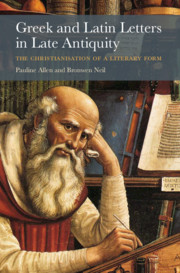Emotion plays a vital role in any rounded history of warfare, both as an element in morale and as component in understanding the soldier's experience. Theories on the functioning of emotions vary, but an exploration of Italian soldiers' emotions during the First World War highlights both cognitive and cultural elements in the ways emotions were experienced and expressed. Although Italian stereotypes of passivity and resignation dominated contemporary discourse concerning the feelings and reactions of peasant conscripts, letters reveal that Italian soldiers vividly expressed a wide range of intense emotions. Focusing on fear, horror and grief as recurrent themes, this article finds that these emotions were processed and expressed in ways which show similarities to the combatants of other nations but which also display distinctly Italian features. The language and imagery commonly deployed offer insights into the ways in which Italian socio-cultural norms shaped expressions of personal war experience. In letters that drew on both religious imagery and the traditional peasant concerns of land, terrain and basic survival, soldiers expressed their fears of death, isolation, suffering and killing in surprisingly vigorous terms.
